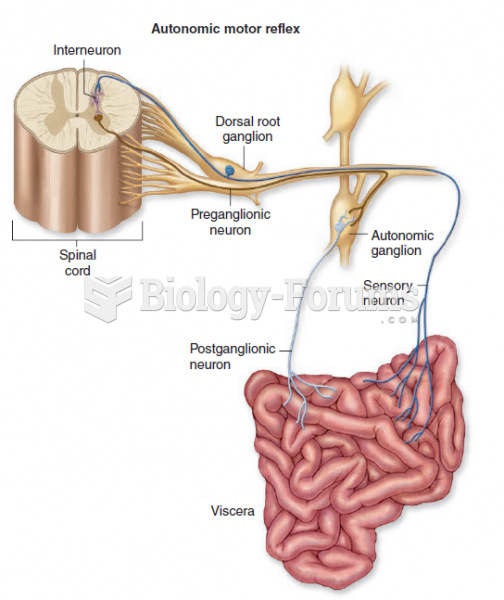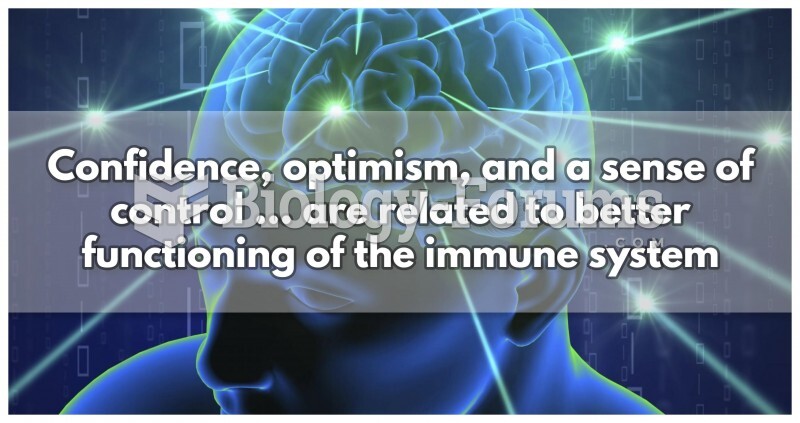|
|
|
Cancer has been around as long as humankind, but only in the second half of the twentieth century did the number of cancer cases explode.
Famous people who died from poisoning or drug overdose include, Adolf Hitler, Socrates, Juan Ponce de Leon, Marilyn Monroe, Judy Garland, and John Belushi.
A seasonal flu vaccine is the best way to reduce the chances you will get seasonal influenza and spread it to others.
Essential fatty acids have been shown to be effective against ulcers, asthma, dental cavities, and skin disorders such as acne.
Vital signs (blood pressure, temperature, pulse rate, respiration rate) should be taken before any drug administration. Patients should be informed not to use tobacco or caffeine at least 30 minutes before their appointment.
 Critical thinking involves analysis in which the nurse examines patient data available from a variet
Critical thinking involves analysis in which the nurse examines patient data available from a variet
 Sublingual medication administration. Photograph of a male patient placing a nitroglycerine tablet u
Sublingual medication administration. Photograph of a male patient placing a nitroglycerine tablet u





